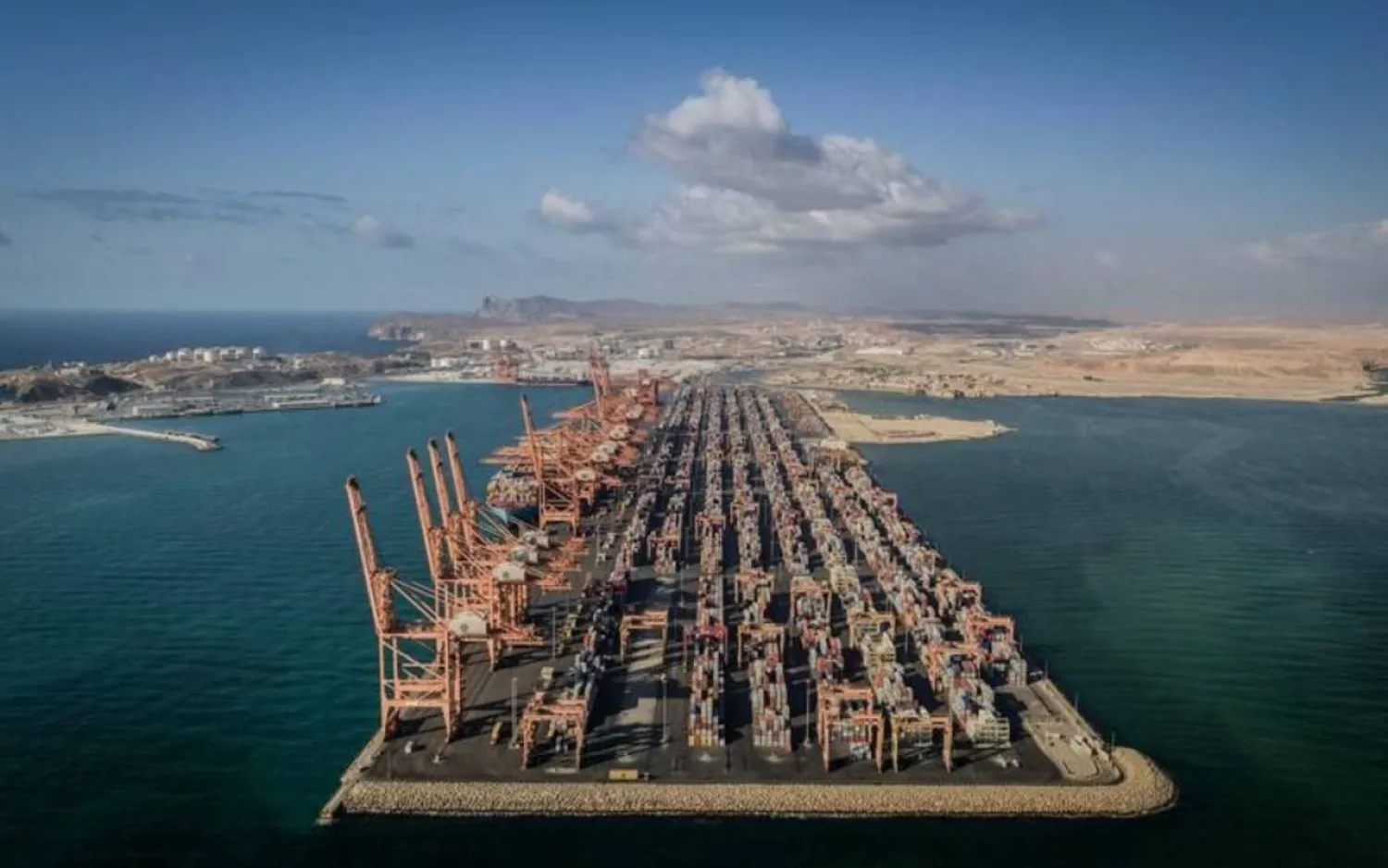The Sultanate of Oman announced, on Tuesday, that its public budget surplus increased by about 26 percent on an annual basis in the first quarter of 2023, with the growth of its net oil revenues.
The Omani Ministry of Finance said in a report that the general budget recorded a surplus of about 450 million riyals ($1.2 billion) at the end of the first quarter of 2023, compared to a surplus of 357 million riyals in the same period of 2022.
It added that the Sultanate’s total revenues increased by 6 percent to reach 3.2 billion riyals in the first three months of the year, compared to 3.02 billion a year ago, while spending rose 4 percent to 2.767 billion riyals from 2.6 billion.
Data from the Ministry of Finance showed an increase in net oil revenues by 9 percent to about 1.7 billion riyals, while net gas revenues decreased by 12 percent to 720 million riyals. The ministry attributed the growth of oil revenues, which accounted for about 53 percent of total revenues, to the rise in the average price of a barrel of crude and the average production.
According to the statement of the Ministry of Finance, the current collected revenues until the end of the first quarter increased to reach 787 million riyals, compared to 636 million riyals in the same period in 2022.
The current expenditures of the civil ministries amounted to about 1.3 billion riyals, compared to 954 million riyals in the first quarter of 2022, while the development expenditures of the ministries and civil units amounted to 117 million riyals.
The total contributions and other expenditures amounted to about 273 million riyals, up by 53 percent, compared to 179 million riyals for the same period last year.









